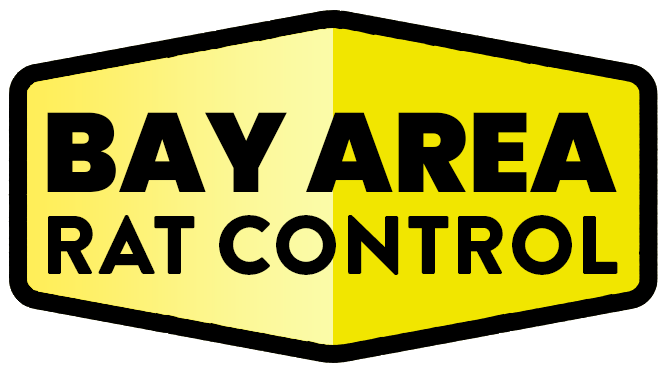Opening Thoughts
Tenants play a vital role in maintaining a clean and pest-free environment in multi-unit housing. While property managers oversee structural maintenance and pest control measures, tenants must adhere to specific responsibilities to prevent and control rat infestations. This guide provides clear guidelines for tenants to contribute effectively to rat prevention efforts in apartments and condos.
Why Tenant Participation Is Essential
1. Prevent Infestations at the Source
- Rats thrive in unsanitary conditions, and tenant behavior significantly impacts the likelihood of infestations.
2. Support Community-Wide Efforts
- In shared living spaces, individual negligence can affect the entire building, making collaboration crucial.
3. Reduce Health and Property Risks
- Proper tenant practices minimize health hazards from rat-borne diseases and prevent property damage.
Key Tenant Responsibilities for Rat Control
1. Maintain Cleanliness
Inside the Apartment
- Food Storage: Store all food, including pet food, in airtight containers.
- Daily Cleaning: Sweep floors, wipe down countertops, and clean up crumbs or spills promptly.
- Trash Disposal: Use sealed trash bags and take garbage to designated bins regularly.
Shared Spaces
- Follow building rules for cleaning and using communal areas like kitchens, laundry rooms, and trash rooms.
- Avoid leaving personal belongings or food in shared spaces.
2. Proper Waste Management
- Dispose of Trash Properly:
- Use the provided trash and recycling bins correctly.
- Ensure bins are sealed tightly to prevent access by rats.
- Avoid Overflow:
- Report full or overflowing trash bins to property management immediately.
- Compost with Care:
- If composting is allowed, follow guidelines to ensure it doesn’t attract pests.
3. Report Issues Promptly
- Structural Problems:
- Notify property management about cracks, holes, or gaps in walls, windows, or doors.
- Signs of Rat Activity:
- Report sightings, droppings, gnaw marks, or nests as soon as they are noticed.
- Leaky Pipes or Standing Water:
- Alert management to plumbing issues that could provide water sources for rats.
4. Follow Building Policies
- Compliance with Pest Control Plans:
- Allow access to units during scheduled pest control treatments.
- Follow instructions provided by pest control professionals, such as removing food or vacating during treatments.
- Adhere to Maintenance Schedules:
- Cooperate with management for routine inspections and repairs.
5. Take Preventive Measures
- Seal Small Gaps:
- Use weatherstripping or draft stoppers for doors and windows.
- Block small holes or cracks around pipes or under sinks with temporary materials like steel wool until management can make permanent repairs.
- Monitor for Activity:
- Check hidden areas, such as under furniture and inside cabinets, for signs of rats.
How Tenants Can Support Community Rat Prevention
1. Communicate with Neighbors
- Share information about pest sightings or preventive practices.
- Encourage neighbors to maintain cleanliness and report issues promptly.
2. Participate in Community Initiatives
- Attend building meetings or workshops on pest prevention.
- Volunteer for community cleanup days to maintain shared spaces.
Common Mistakes Tenants Should Avoid
- Ignoring Early Signs:
- Failing to report droppings or nests can lead to larger infestations.
- Improper Trash Disposal:
- Leaving trash outside bins or failing to seal bags attracts rats.
- Storing Clutter:
- Piling up unused items creates nesting opportunities for rats.
Tenant-Landlord Collaboration for Rat Control
1. Understanding Rights and Responsibilities
- Tenants should review their lease agreements for pest control clauses.
- Landlords are typically responsible for structural repairs and professional pest control, while tenants maintain cleanliness within their units.
2. Reporting Channels
- Ensure tenants have clear instructions on how to report maintenance or pest issues.
- Property managers should provide timely responses to reports and keep tenants informed about pest control plans.
Final Thoughts
Tenant participation is a cornerstone of effective rat prevention in apartments and condos. By maintaining cleanliness, following building policies, and reporting issues promptly, tenants contribute to a healthier, safer, and more comfortable living environment. Cooperation between tenants and property management ensures long-term success in keeping rats out.
Relevant Links/Sources:
Rat Prevention Tips for Renters – CDC
Tenants’ Role in Pest Prevention – EPA
Apartment Pest Control Guidelines – PestWorld
